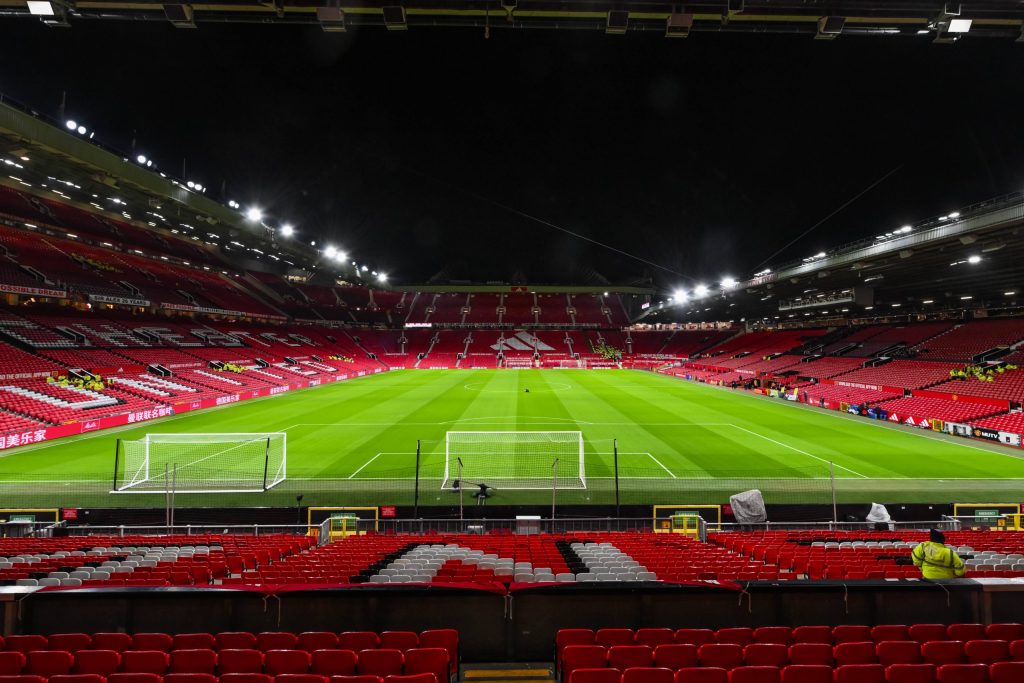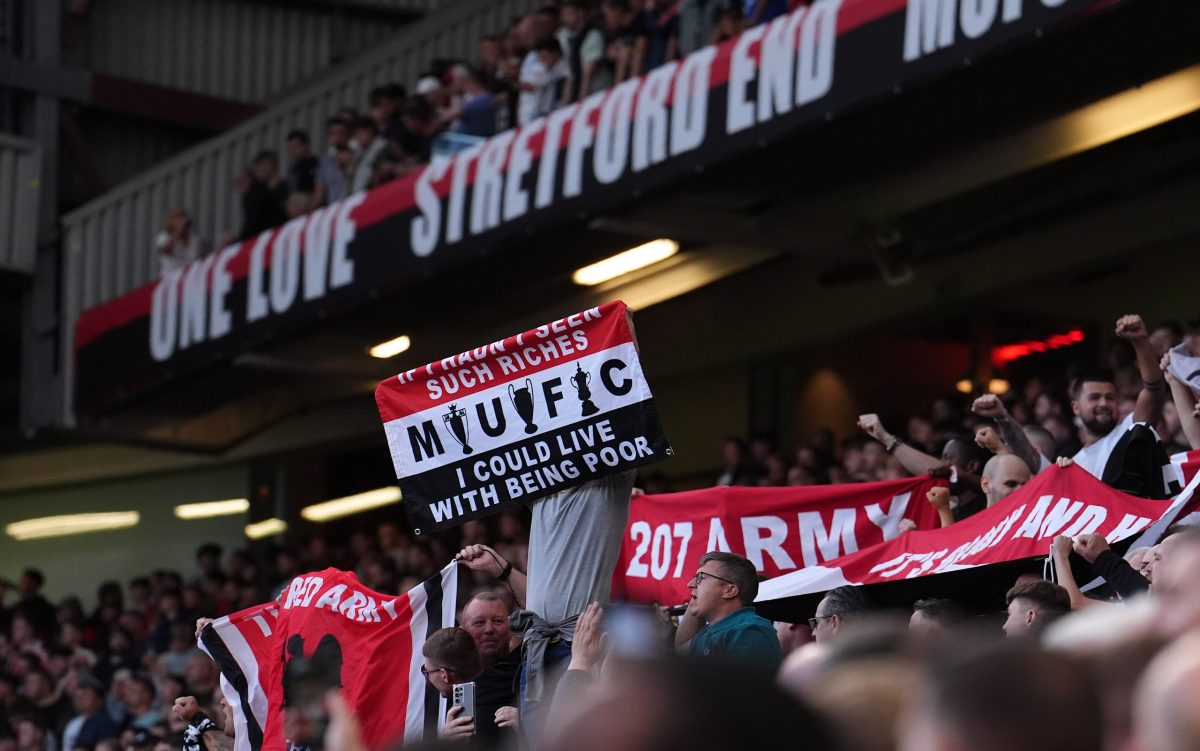Manchester United confirmed plans in March to build a 100,000-seater stadium next to Old Trafford, estimated to cost £2bn and expected to inject £7.3bn into the UK economy annually.
The club aims to complete the project by 2030, though construction is yet to begin as detailed planning and funding strategies continue behind the scenes.
While these preparations are ongoing, United are exploring the idea of selling seat licences for the new stadium, a concept never before introduced by any European football club.

How the seat licensing scheme could work
Seat licensing allows supporters to pay for the right to purchase tickets for a specific seat, with the scheme expected to focus mainly on premium seating areas.
A personal seat licence (PSL) would give fans exclusive rights to one seat for a defined period, though they would still pay separately for season tickets to attend games.
Holders could transfer their licence to another person if they opt out of future renewals, but would automatically forfeit it if they fail to buy their season ticket.
Meanwhile, traditional general admission season tickets will remain available, ensuring fans still have access to consistent seating and priority for away or cup final tickets.

Manchester United to consult fans before final decision
According to The Athletic, United will launch a major fan survey to gauge interest in seat licences and measure public support for the 100,000-capacity stadium project.
This initiative will be the largest fan research exercise yet, exploring preferences on pricing, transport, and seating as the club aims to build a solid economic case for construction.
FGG Says
This concept could revolutionise stadium financing in European football if successfully implemented, but balancing commercial ambition with supporter loyalty will be key to its acceptance.
Manchester United’s willingness to explore fan input before making a final decision is commendable and may help ensure the project feels inclusive, rather than purely profit-driven.
